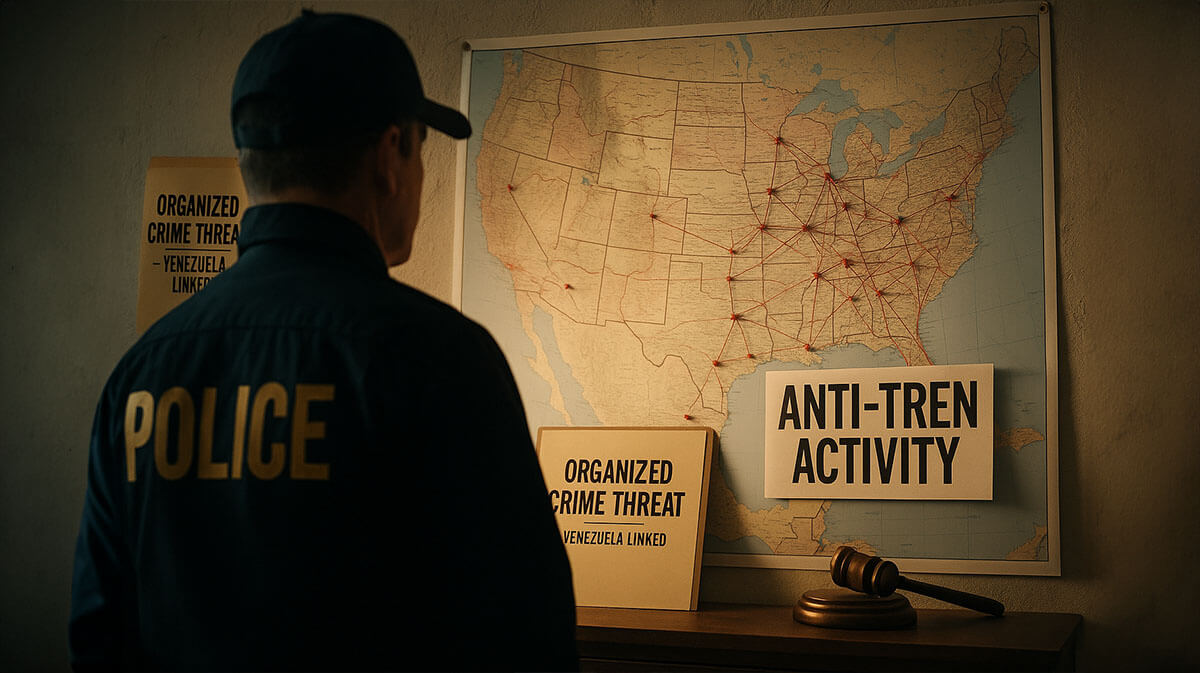A new menace looms on the horizon of American public safety as federal authorities warn about the infiltration of Anti-Tren, a Venezuelan criminal gang, into the United States. The gang, which is said to be potentially more violent than the notorious Tren de Aragua (TdA), has recently made headlines following a federal indictment in New York City. The April indictment named 21 men connected to drug and prostitution operations. These individuals are accused of using violence, including murder and assault, to maintain their power and intimidate rivals, specifically targeting members of Tren de Aragua.
This emerging threat has drawn the attention of former State Department official Robert Charles, who expressed concerns over Anti-Tren's potential for escalating violence. "I've read some of the public accounts that suggest that this offshoot group is trying to distinguish itself by being more violent," Charles stated to Fox News. He drew parallels with MS-13, a gang known for its brutality and tendency to spawn even more violent factions.
Anti-Tren's activities are not confined to urban settings; there are indications that the gang is deliberately extending its reach into rural America. Charles, who is running for governor in Maine, highlighted the strategic move by such criminal elements to exploit areas with weaker law enforcement infrastructure. "Criminals are not stupid. They look for opportunities to maximize their gain with the least possible risk," he explained.
The gang's violent operations became starkly evident in a harrowing incident in Texas. In September 2024, in the Bluffview neighborhood near Dallas, a woman was allegedly robbed at gunpoint, bound, and viciously attacked in her home. The assailants, who used Google Translate to communicate their threats, made off with luxury items and jewelry totaling approximately $75,000. Manuel Hernandez-Hernandez, one of the suspects, has claimed ties to Anti-Tren.
Authorities have revealed that Anti-Tren's criminal endeavors go beyond armed robbery, encompassing smuggling, drug trafficking, and the exploitation of Venezuelan women. With the gang's influence reportedly expanding more rapidly than law enforcement can keep up, there is an urgent call for action. "If you look away from it, if you pretend that it's not important, if you appease it instead of deterring it, then absolutely it will grow. That's just the nature of crime," warned Charles.
The federal indictment and recent violent events underscore the pressing need for a proactive approach to this growing threat. As law enforcement and policymakers grapple with the reality of Anti-Tren's operations, the security of communities across the nation hangs in the balance.





